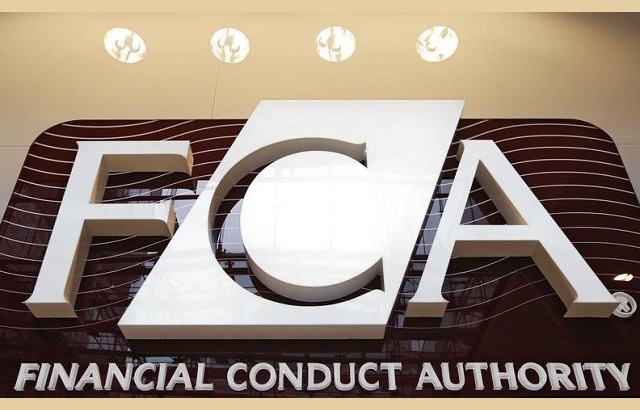The Financial Conduct Authority (FCA) has issued a warning about “misleading” life insurance promotions for the over-50s which could confuse policyholders about the coverage of funeral costs.
The FCA said in a statement that its financial promotions team had seen adverts for life policies that could mislead consumers.
The UK watchdog cautioned that if a firm’s advertising for a life policy referred to “funerals and associated costs”, it was “important” for consumers not to be misled into believing “they are buying a funeral plan that will cover their funeral costs in full”.
It added that “proceeds of these policies can be used for payment of, or towards, the cost of a funeral”.
Fair and clear
The FCA stated that when over-50s life policies are promoted through media channels, and firms included product features or benefits within the advert, they “must be presented in a fair, clear, and non-misleading way taking into account the target audience”.
It urged providers to refer to guidance issued by the Association of British Insurers (ABI) when designing funeral plan promotions.
In its initial guidance on over-50s plans published in 2012, the ABI advised any marketing material should make it “crystal clear” to potential customers that the plan is an insurance policy and not a savings plan.
Recently this month, International Adviser reported that the FCA had published a letter addressed to the chief executives of regulated firms reminding them of their responsibilities surrounding financial promotions.
The letter emphasised that the firms, including those regulated by the Prudential Regulation Authority (PRA), must abide by promotion regulation and standards.
Andrew Bailey, chief executive of the FCA, said in the letter that the regulator had “recently become aware of firms issuing financial promotions which suggest or imply that all of the activities which they undertake are regulated by us and/or the PRA when they are not.”








